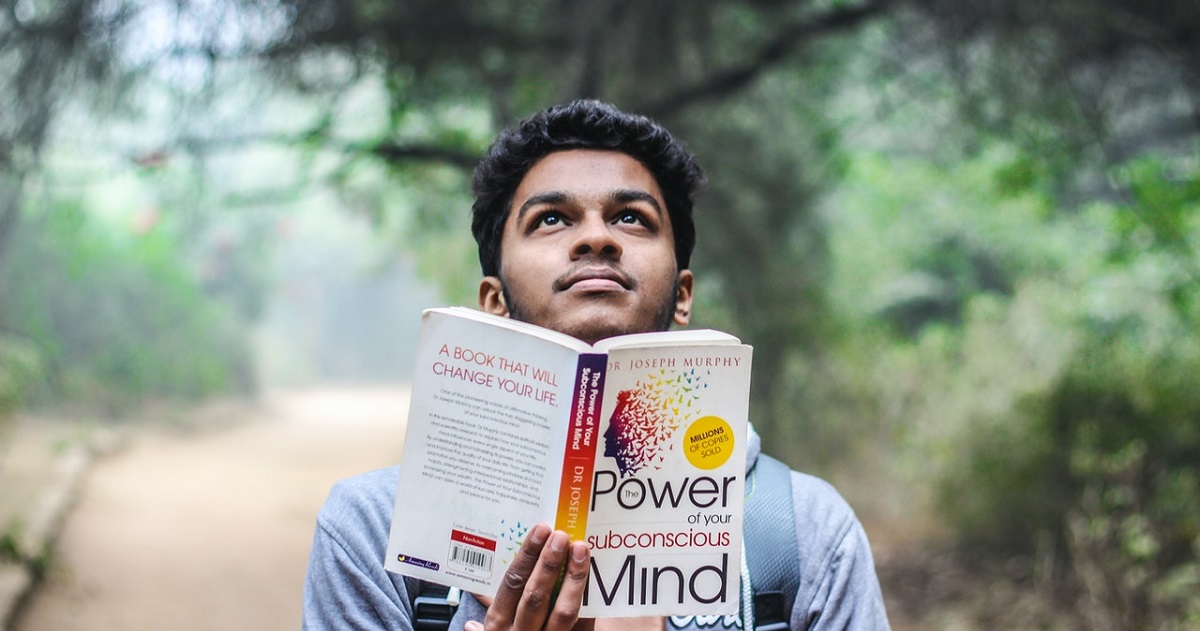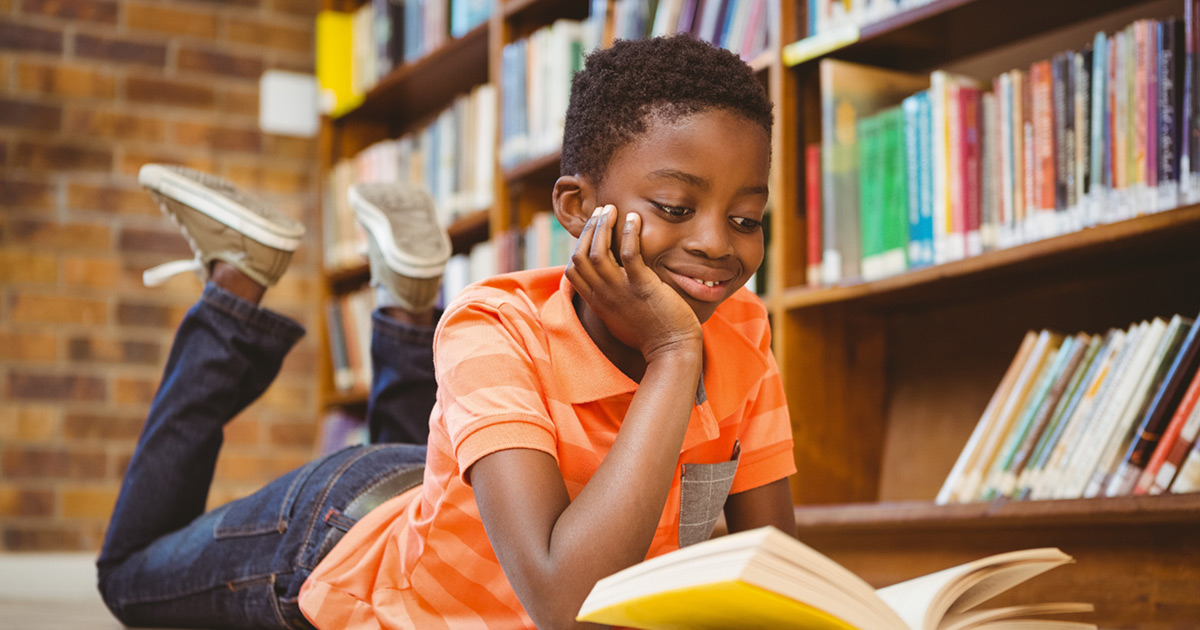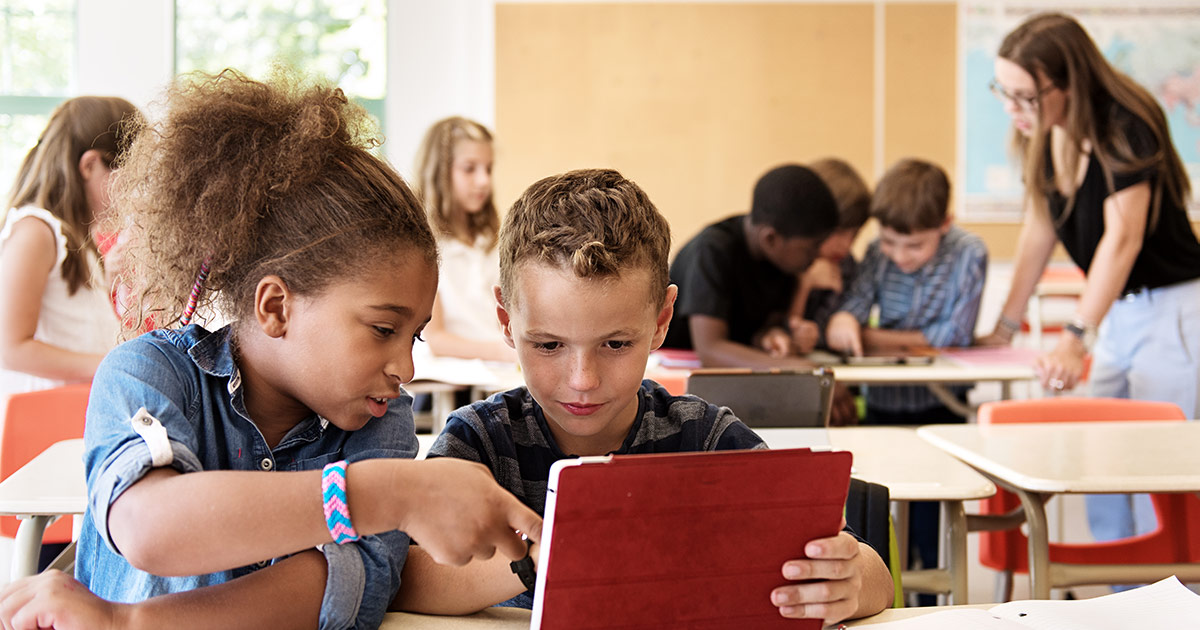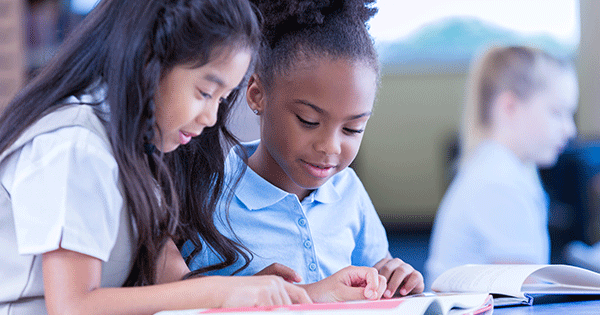
Literacy
Latest Articles

What is Dialogic Reading in the Classroom?

Literacy and Reading Coach: Job, Requirements, and Outlook

Literacy Strategies: Q&A with Expert Jennifer Serravallo

How Graphic Novels Help Students Develop Critical Skills

STEM and STEAM Books For Teachers, Teens, and Kids

English Teachers: How You Can Use STEAM in Your Classroom

The Lifelong Impact of Illiteracy

Strategies for Determining Importance in Nonfiction Texts

Why Kids and Teens Need Diverse Books and Our Recommended Reads

10 Online Professional Learning Resources to Use During The Lockdown

Understanding Literacy Difficulties vs. Disabilities

Crisis Point: The State of Literacy in America

Book Flood: More Books, Stronger Readers

11 Fantastic Books for Children That Celebrate Different Cultural Traditions
